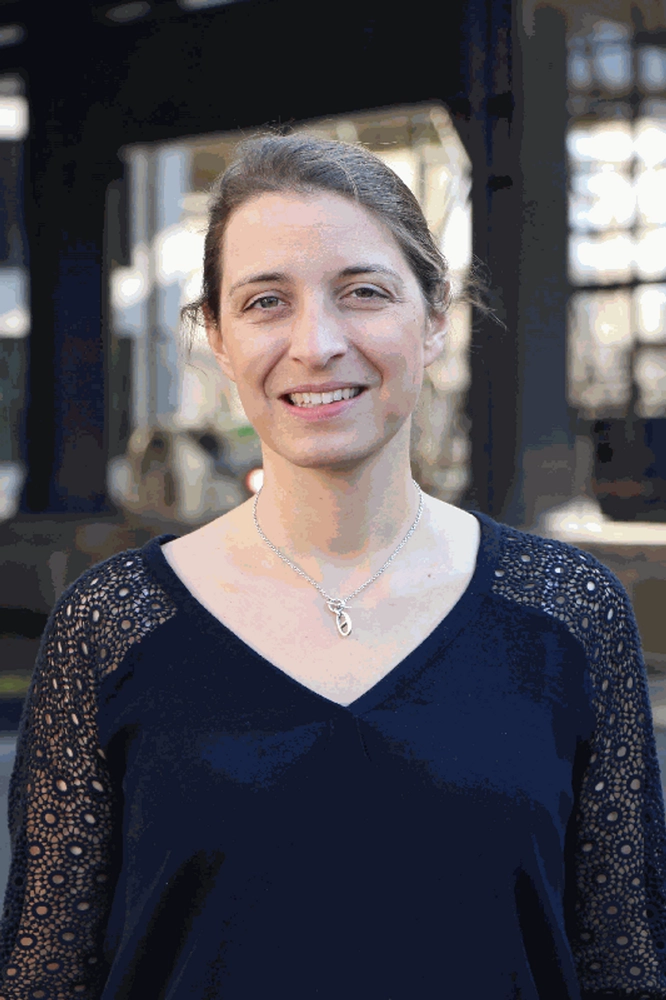An Interview with Dr Elisabeth Letellier on The gut microbial metabolite formate exacerbates colorectal cancer progression

Please, tell us about you: who are you, where do you work and what do you currently work on?
I am Dr. Elisabeth Letellier, Principal Investigator at the Department of Life Sciences and Medicine at the University of Luxembourg. I am co-heading the Molecular Disease Mechanisms Group. We are interested in the molecular mechanisms underlying tumour initiation and progression. Currently, one of our main interests is the role of the microbiome in colorectal cancer.
Could you share in simple words what your article "The gut microbial metabolite formate exacerbates colorectal cancer progression" is about?
We have established different in vitro, in vivo and in silico models which allowed us to study the metabolic microbiome-host crosstalk in the human gut. We thereby identified formate as being a microbiome derived metabolite which participates in colorectal cancer progression.
Why is this topic important?
We recently identified the microbiome as a possible contributor to human diseases, such as cancer. In colorectal cancer, patients are known to have a difference in the composition of their microbiome. Nevertheless, how exactly those bacteria lead to tumour progression is not fully understood yet. In our study, we identified format, a metabolite that is secreted by different bacteria in the gut, among which Fusobacterium nucleatum, as an oncometabolite in colorectal cancer.
What's the connection between your research and medical practice? How do you hope your work will have an impact on therapies / treatments and patient outcomes in the future?
Fusobacterium nucleatum is a bacteria often found in colorectal cancer patients. By identifying the mechanisms through which bacteria, including Fusobacterium nucleatum, drive colorectal progression, we can develop microbiome-based strategies aiming at improving patient outcome.
Where could your work lead you next? What's the dream outcome / ultimate aim?
We would like to develop strategies that revert the pro-tumorigenic effect of different bacteria in cancer. To achieve this major objective, we need to better understand the different mechanisms by which bacteria participate in tumorigenesis. In the future, we hope that microbiome-based strategies will be used in the clinics to improve patient’s outcome in different cancer types.
You can read and discover Dr Letellier’s research here.
The gut microbial metabolite formate exacerbates colorectal cancer progression is published in Nature Metabolism
Photo Credit: uni.lu
Publisher URL: https://www.nature.com/articles/s42255-022-00558-0
DOI: 7211.28583.31fc47f7-3e31-4e0b-a759-cda91d04416e.1655391516
Keeping up-to-date with research can feel impossible, with papers being published faster than you'll ever be able to read them. That's where Researcher comes in: we're simplifying discovery and making important discussions happen. With over 19,000 sources, including peer-reviewed journals, preprints, blogs, universities, podcasts and Live events across 10 research areas, you'll never miss what's important to you. It's like social media, but better. Oh, and we should mention - it's free.
Researcher displays publicly available abstracts and doesn’t host any full article content. If the content is open access, we will direct clicks from the abstracts to the publisher website and display the PDF copy on our platform. Clicks to view the full text will be directed to the publisher website, where only users with subscriptions or access through their institution are able to view the full article.


